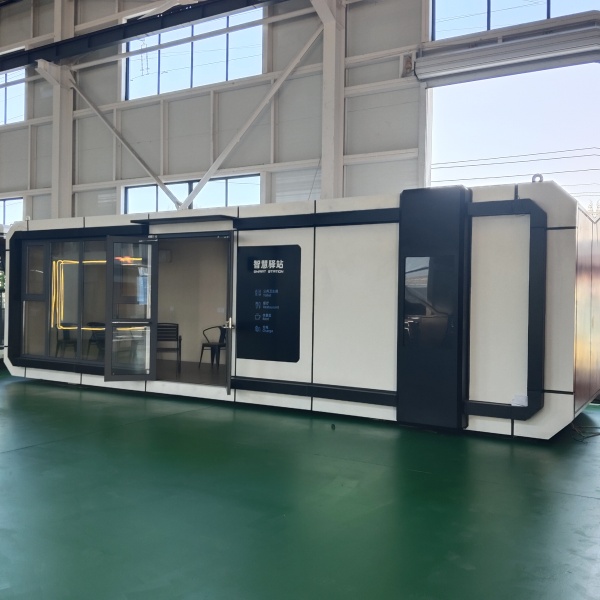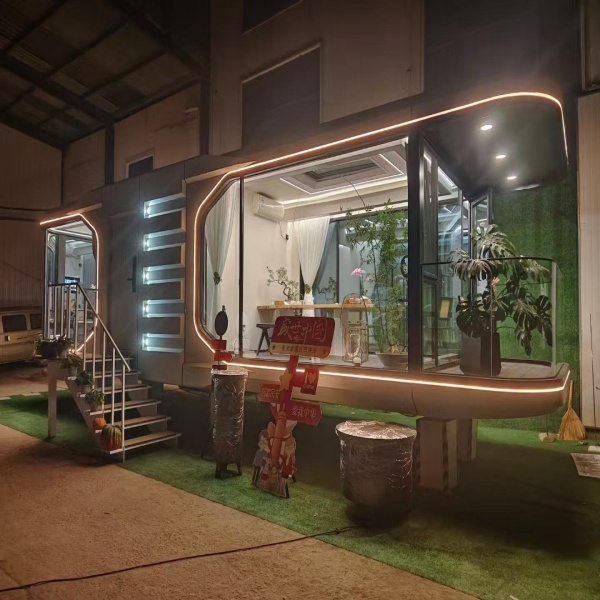-
E-mail
Austin120521@outlook.com -
E-mail
sales@jujiuhouse.com -
Telephone
+86-17864099991 -
Telephone
+86-17854044442
- Chinese
- French
- German
- Portuguese
- Spanish
- Russian
- Japanese
- Korean
- Arabic
- Irish
- Greek
- Turkish
- Italian
- Danish
- Romanian
- Indonesian
- Czech
- Afrikaans
- Swedish
- Polish
- Basque
- Catalan
- Esperanto
- Hindi
- Lao
- Albanian
- Amharic
- Armenian
- Azerbaijani
- Belarusian
- Bengali
- Bosnian
- Bulgarian
- Cebuano
- Chichewa
- Corsican
- Croatian
- Dutch
- Estonian
- Filipino
- Finnish
- Frisian
- Galician
- Georgian
- Gujarati
- Haitian
- Hausa
- Hawaiian
- Hebrew
- Hmong
- Hungarian
- Icelandic
- Igbo
- Javanese
- Kannada
- Kazakh
- Khmer
- Kurdish
- Kyrgyz
- Latin
- Latvian
- Lithuanian
- Luxembou..
- Macedonian
- Malagasy
- Malay
- Malayalam
- Maltese
- Maori
- Marathi
- Mongolian
- Burmese
- Nepali
- Norwegian
- Pashto
- Persian
- Punjabi
- Serbian
- Sesotho
- Sinhala
- Slovak
- Slovenian
- Somali
- Samoan
- Scots Gaelic
- Shona
- Sindhi
- Sundanese
- Swahili
- Tajik
- Tamil
- Telugu
- Thai
- Ukrainian
- Urdu
- Uzbek
- Vietnamese
- Welsh
- Xhosa
- Yiddish
- Yoruba
- Zulu
- Kinyarwanda
- Tatar
- Oriya
- Turkmen
- Uyghur

China foldable prefabricated home
China's Innovative Approach to Foldable Prefabricated Homes
In recent years, foldable prefabricated homes from China have gained significant traction in both domestic and international markets. These innovative structures promise affordability and efficiency but often come with their fair share of misconceptions. It's crucial to understand the real-world functionality of these homes beyond the glossy brochures and polished marketing spiel.
The Rise of Foldable Prefabricated Homes in China
Shandong Jujiu Integrated Housing Co., Ltd. encapsulates the innovative spirit that’s driving the prefabricated housing industry forward. They aren't just producing boxy shelters but are engineering solutions that cater to diverse needs. Imagine a home that arrives flat-packed and unfolds into a comfortable, livable space. It seems straightforward, but the details matter—especially quality and sustainability.
At the core of this movement is the flexibility and adaptability these homes offer, particularly in rapidly urbanizing regions. The ability to quickly assemble housing where it’s needed most can’t be overstated. However, challenges like ensuring durability over time and navigating zoning regulations can’t be ignored. We’ve seen instances where communities face pushback simply due to a lack of understanding about what such constructions entail.
Moreover, the environmental impact of these homes is a subject that demands attention. A lot goes into the choice of materials and the methods of production. Reputable companies like Shandong Jujiu Integrated Housing are pioneering the use of recyclable and energy-efficient materials to tackle this very challenge.
Overcoming Practical Challenges
Real-world application doesn't always match theoretical optimism. In my experience, the main hurdle often lies in transportation logistics—a foldable home might be compact, but logistical complexities can arise during transit. It’s not just about getting the structure to a site; it’s about getting it there intact and ready-to-use.
Installation speed is another crucial factor. While these homes promise quick assembly, achieving that often requires a well-skilled team. It’s not merely a matter of unfolding and fixing together; precise engineering and expertise are crucial to assure stability and safety. The hands-on expertise offered by companies like Shandong Jujiu is invaluable here.
Once set up, issues like local climate resilience come into play. A home that performs excellently in one region might need tweaks to fit another’s environmental demands—whether it’s additional insulation for colder areas or venting adjustments for humid locales.
Market Demand and Consumer Perception
Consumer expectations are evolving, with a growing appreciation for sustainability and smart design. What was once perceived merely as temporary housing now commands respect as a viable permanent solution. Shandong Jujiu’s approach, integrating technology and thoughtful design, fulfills this evolving demand.
One challenge I’ve witnessed, though, revolves around financing. Many potential buyers experience financing difficulties, largely due to unfamiliarity. Banks and lending institutions are slowly warming to the concept, but the lag can deter prospective buyers.
Educating consumers and stakeholders about the tangible benefits and reliability of these homes is key. Success here is contingent upon transparent communication, something that industry leaders must prioritize to shift public perception.
Future Prospects and Innovation
Looking forward, innovation in materials, construction technology, and smart home integration will propel the market further. Companies like Shandong Jujiu, with strong R&D foundations, are well-positioned to lead these developments.
The potential for combining foldable prefabricated homes with renewable energy sources holds promise for even more sustainable living solutions. Imagine homes that unfold, not just into accommodating spaces, but as full-fledged sustainable living environments.
These homes also show potential in emergency response scenarios—providing rapid, adequate shelter in disaster-stricken areas. This means faster recovery and a more robust response sequence, further emphasizing the adaptability of prefabricated housing.
Conclusion: A Real-World Perspective
In the end, the appeal of China's foldable prefabricated homes lies in their blend of practicality and potential. The industry is not without its challenges, but the strides in innovative solutions and environmental responsiveness can’t be dismissed. For anyone considering delving into this market, understanding the nuances and being prepared for practical hurdles is as essential as recognizing the broad strokes of potential.
Companies such as Shandong Jujiu Integrated Housing Co., Ltd., highlighted through their strategic advancements, paint a promising picture of what’s possible. Their commitment to quality, sustainability, and adaptability may well define the next era of housing. Visit their website at Jujiu House for more insights on their offerings.
Related products
Related products
Best selling products
Best selling products-
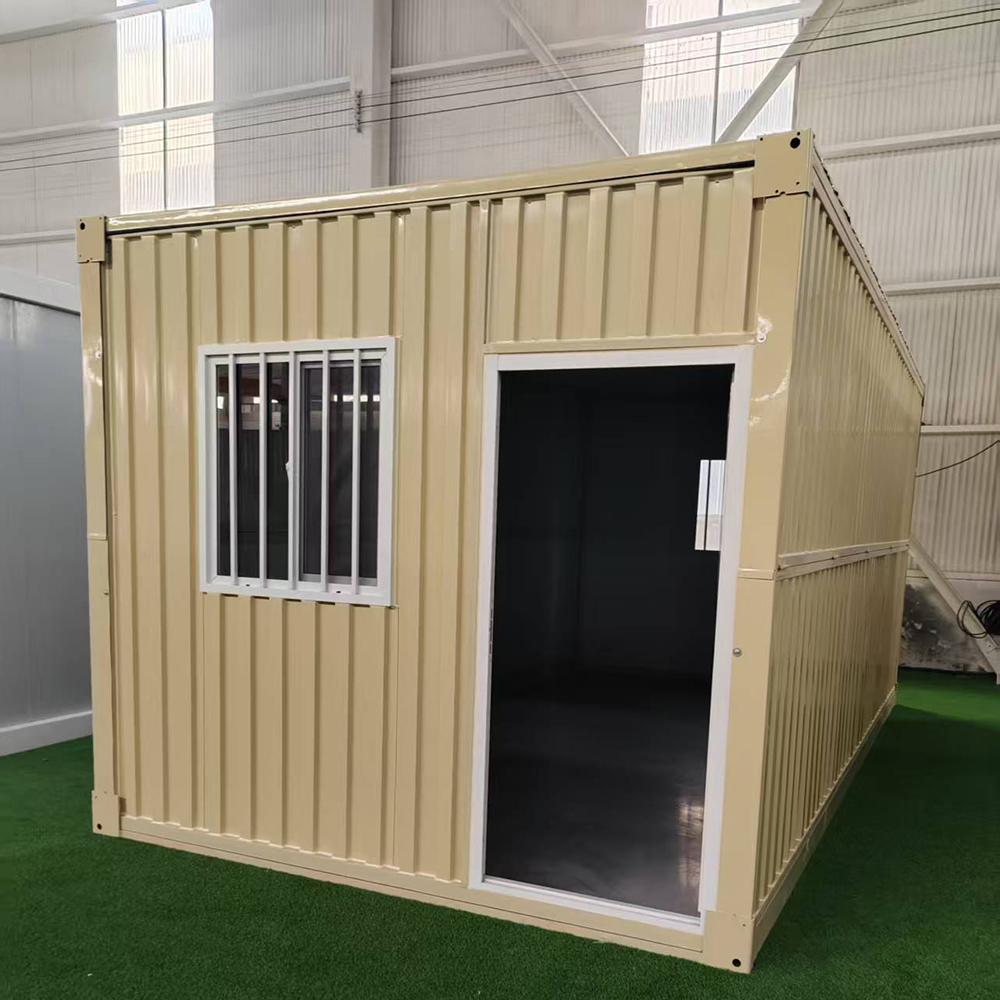 Competitive Price Portable Container House Foldable Container Mobile Living Modular Homes
Competitive Price Portable Container House Foldable Container Mobile Living Modular Homes -
 Waterproof folding container house – mobile accommodation for campsites/scenic spots
Waterproof folding container house – mobile accommodation for campsites/scenic spots -
Two Wing Folding Expandable Container House
-
 High-quality Double-wing Folding Container House with Doors and Windows, Insulated Walls, Suitable for Various Scenarios.
High-quality Double-wing Folding Container House with Doors and Windows, Insulated Walls, Suitable for Various Scenarios. -
 Reasonable Price 1 Bedroom Modular Container House Folding Container Home for Villa or Apartment Use
Reasonable Price 1 Bedroom Modular Container House Folding Container Home for Villa or Apartment Use -
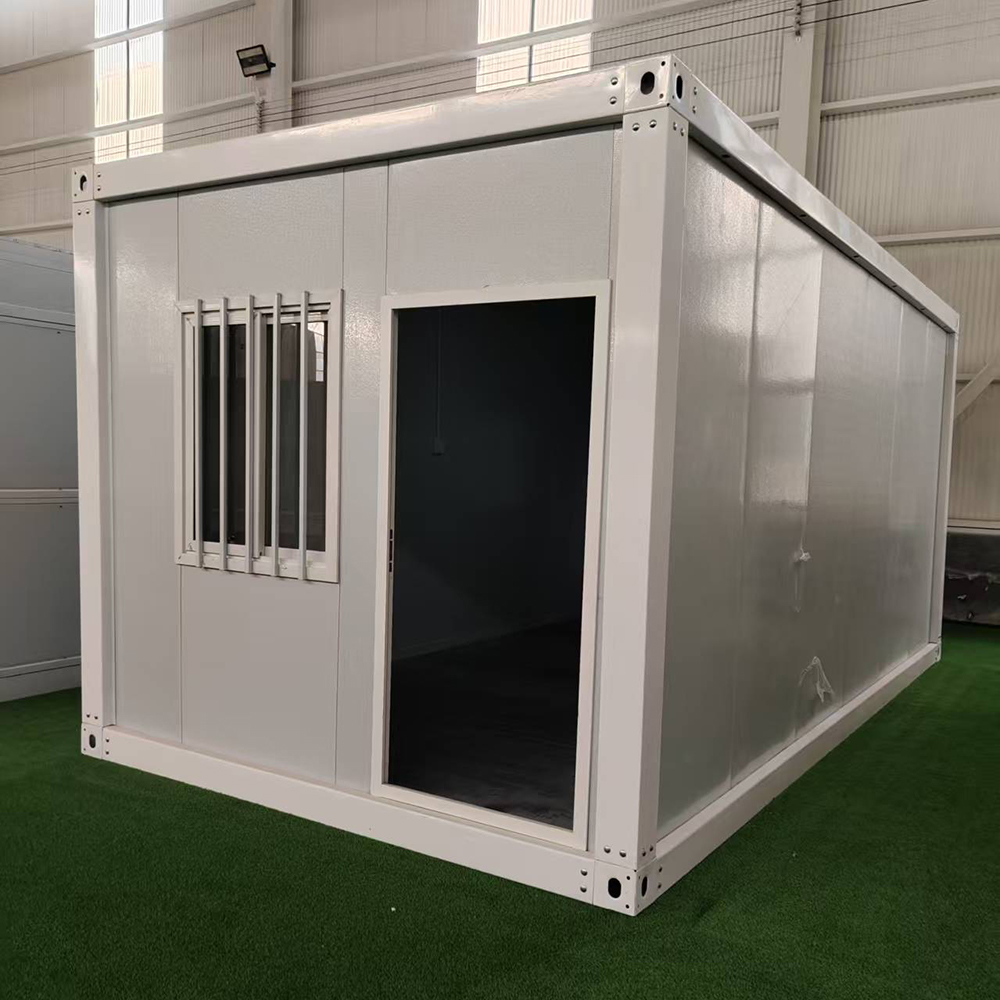 Folding Container Moving House Modular Office Container House Prefab Container for Outdoor Use
Folding Container Moving House Modular Office Container House Prefab Container for Outdoor Use -
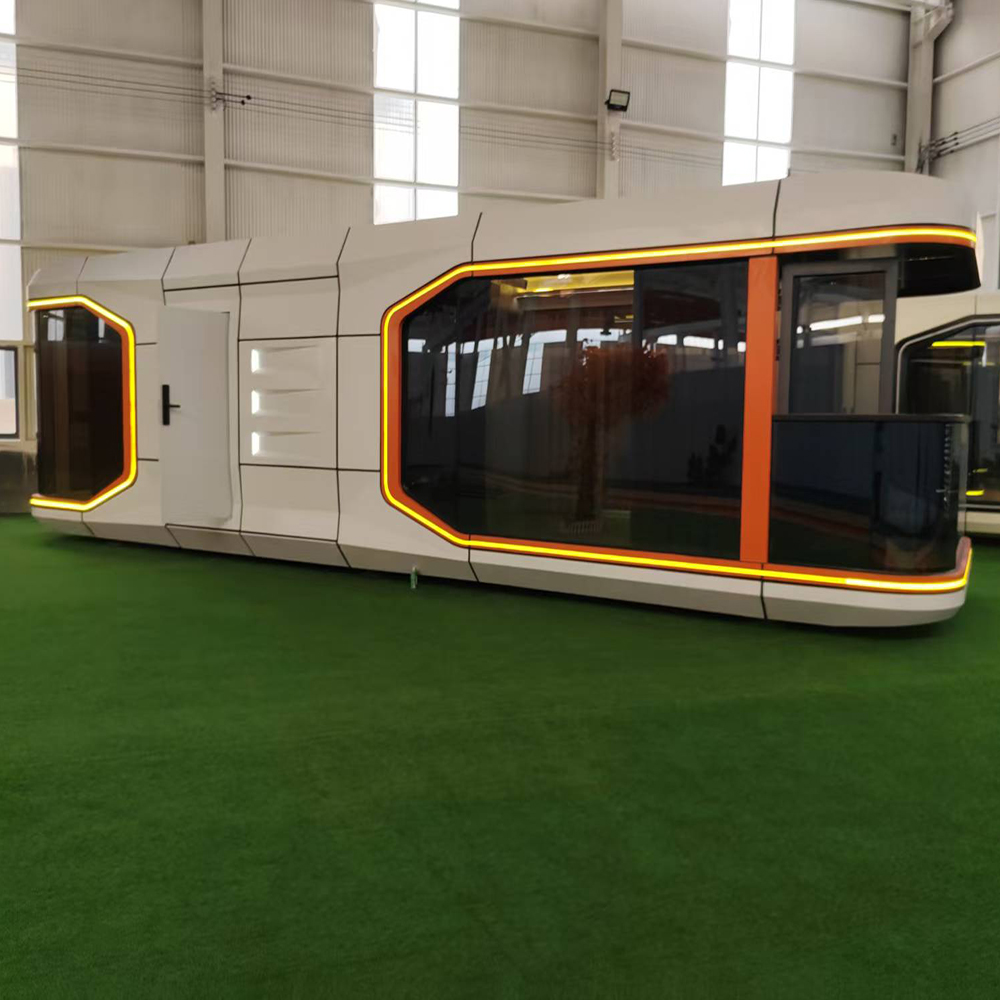 Standard Modern Camping Pod Space Prefabricated Portable Mobile Capsule Room Hotel Bathroom Prefabricated Spaceship House
Standard Modern Camping Pod Space Prefabricated Portable Mobile Capsule Room Hotel Bathroom Prefabricated Spaceship House -
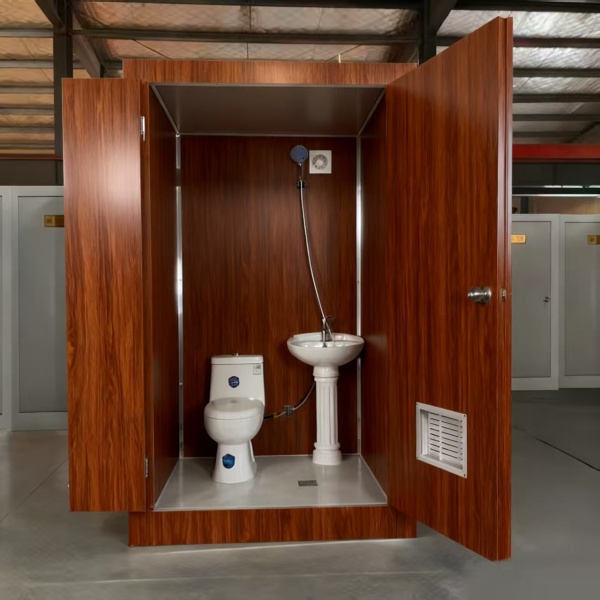 Portable outdoor camping bathroom, mobile toilet, prefabricated modular villa & rental of outdoor and indoor showers
Portable outdoor camping bathroom, mobile toilet, prefabricated modular villa & rental of outdoor and indoor showers -
 Good Quality Modular Homes Prefabricated House Expandable Container House 20FT Mobile Flat Roof House
Good Quality Modular Homes Prefabricated House Expandable Container House 20FT Mobile Flat Roof House -
 A container house with a terrace and double-wing folding design, suitable for various purposes such as offices, meeting rooms, living rooms, etc.
A container house with a terrace and double-wing folding design, suitable for various purposes such as offices, meeting rooms, living rooms, etc. -
 Hot-selling foldable container houses, expandable prefabricated houses, suitable for office or living use, with fast delivery.
Hot-selling foldable container houses, expandable prefabricated houses, suitable for office or living use, with fast delivery. -
 Movable Prefabricated Container House Villas Modular Portable Homes 1 Bedroom Container House Offices Apartments
Movable Prefabricated Container House Villas Modular Portable Homes 1 Bedroom Container House Offices Apartments









